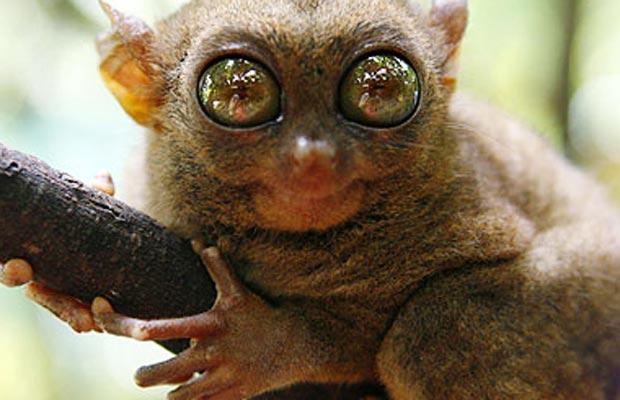There’s good news about life on Earth after climate change, but first the bad news: Death, massive amounts of death.
As Lizzie Wade states in her smart Wired article, we’ll likely be around to see the disaster we’ve created, but we don’t have a great shot at waiting out the recovery. That will take eons. The positive side doesn’t involve us, but rather the creatures that may thrive and replenish the landscape after we’re gone. But first they’ll have to survive us. Godspeed to them. An excerpt:
The flip side of mass extinction, however, is rapid evolution. And if you’re willing to take the long view—like, the million-year long view—there’s a ray of hope to be found in today’s rare species. The Amazon, in particular, is packed with plant species that pop up few and far between and don’t even come close to playing a dominant role in the forest. But they might have treasure buried in their genes.
Rare species—especially those that are only distantly related to today’s common ones—“have all kind of traits that we don’t even know about,” says [evolutionary geneticist Christopher] Dick. Perhaps one will prove to thrive in drought, and another will effortlessly resist new pests that decimate other trees. “These are the species that have all the possibilities for becoming the next sets of dominant, important species after the climate has changed,” Dick says.
That’s why humans can’t cut them all down first, he argues. If rainforests are going to have a fighting chance of recovering their biodiversity and ecological complexity, those rare species and their priceless genes need to be ready and able to step into the spotlight. It might to be too late to save the world humanity knows and loves. But it still can still do its best to make sure the new one is just as good—someday.•

